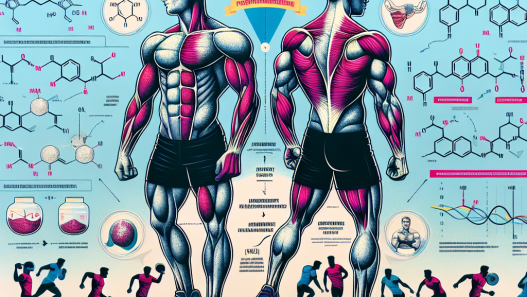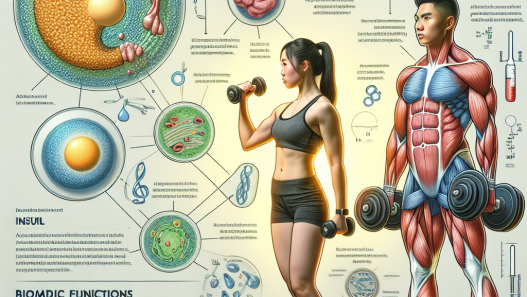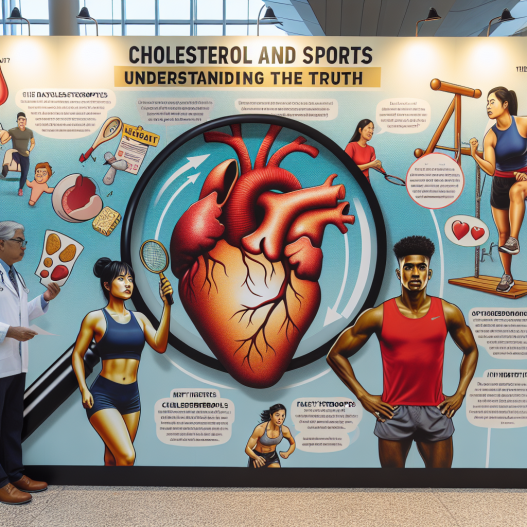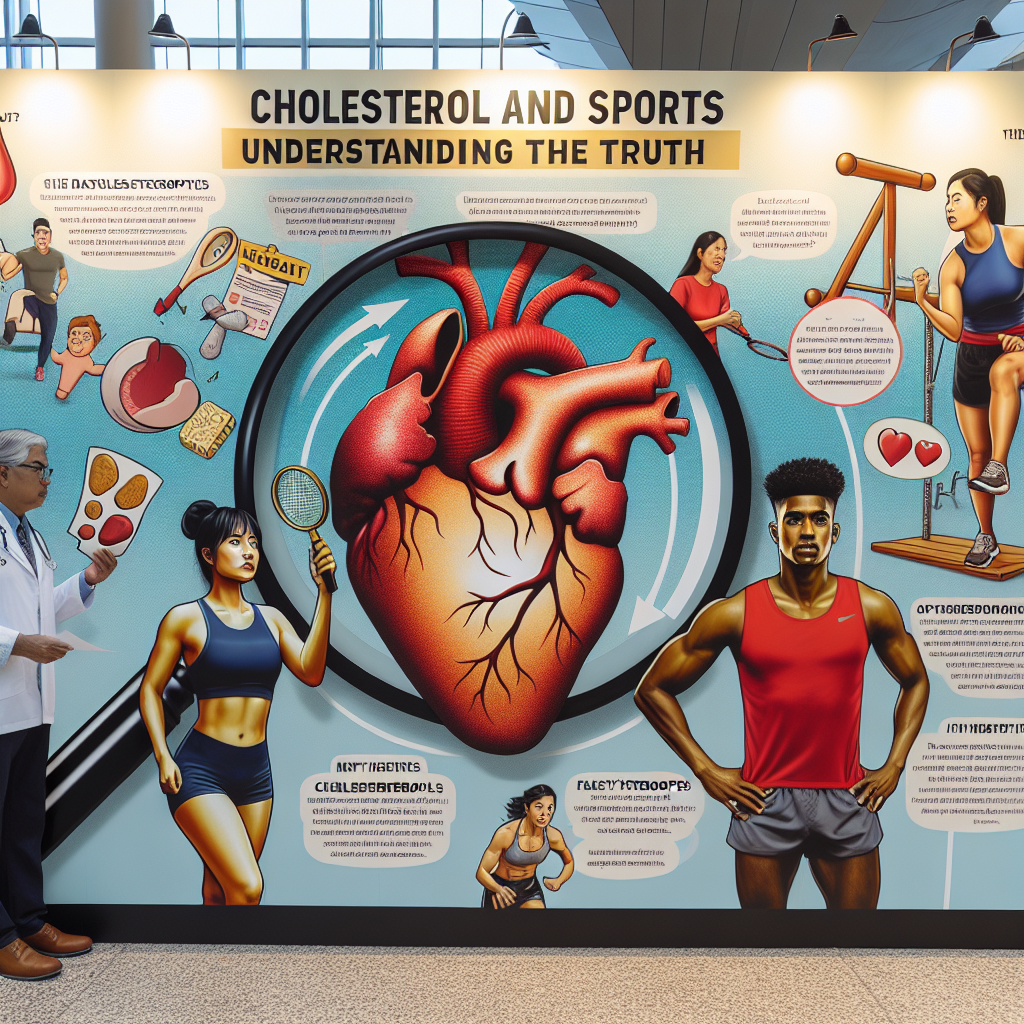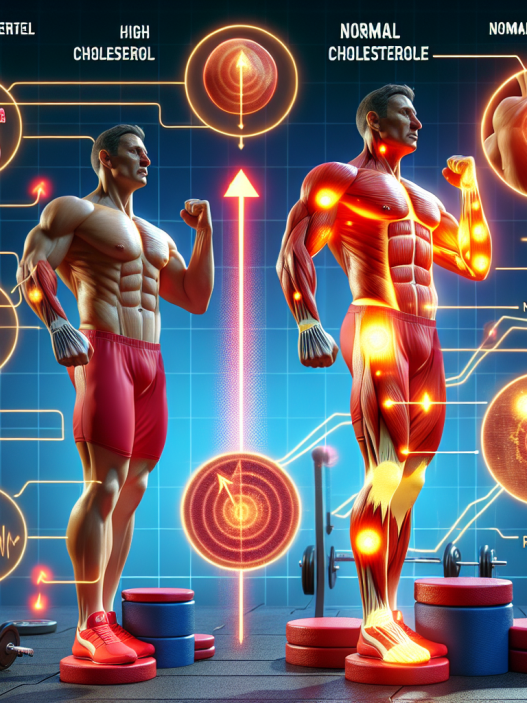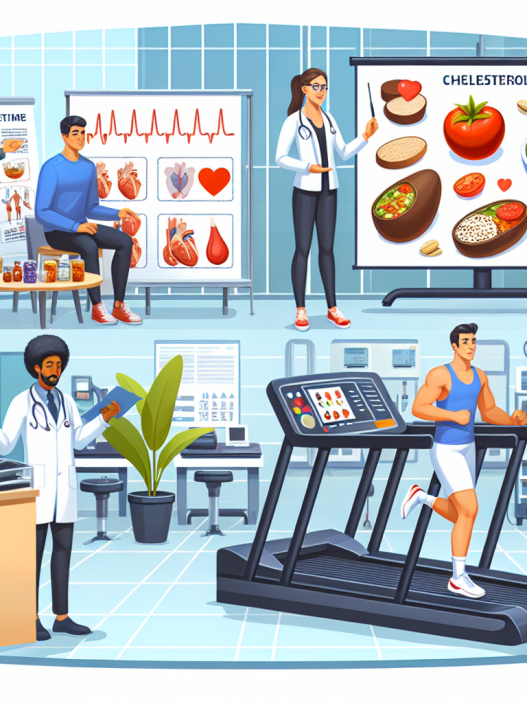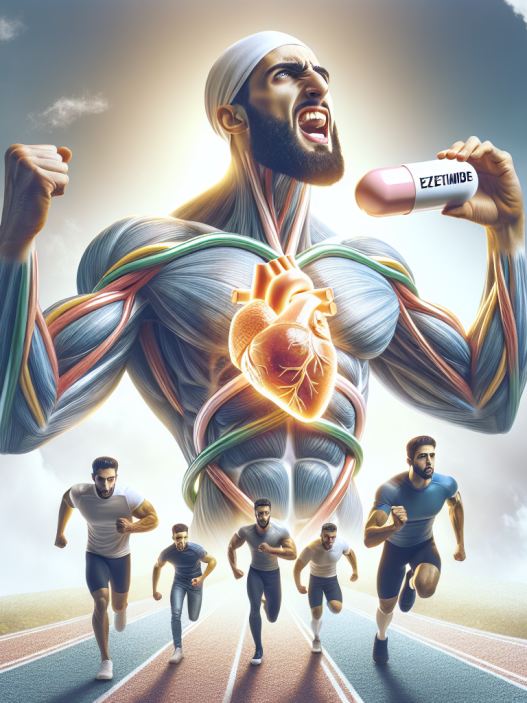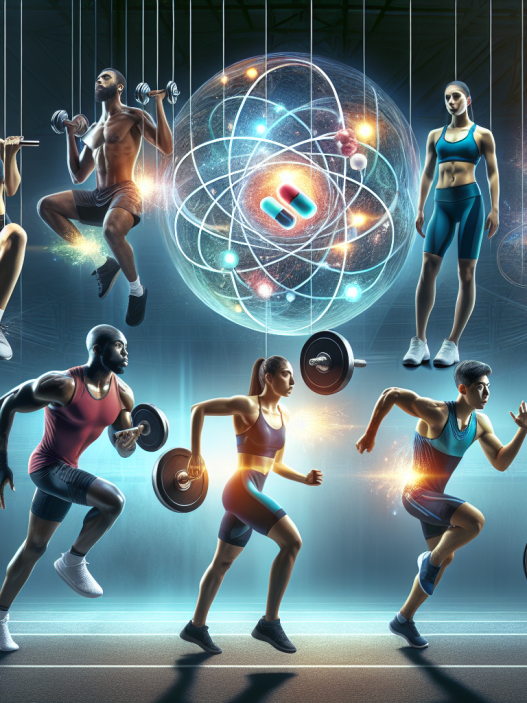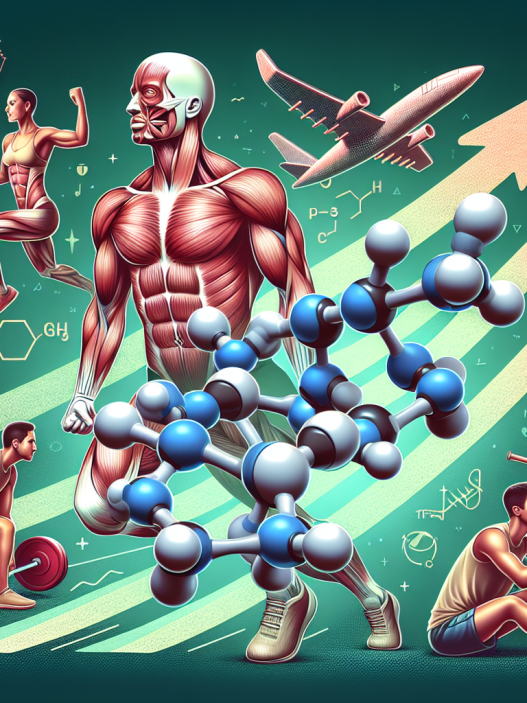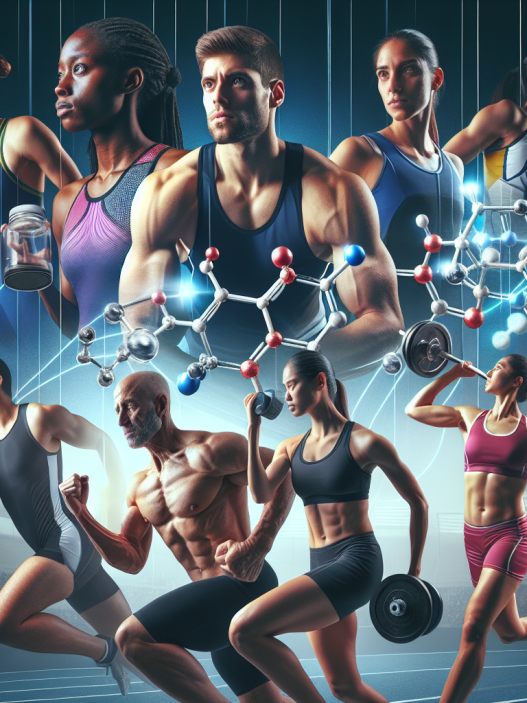-
Table of Contents
Cholesterol and Sports Performance: Debunking Myths
Cholesterol is a type of fat that is essential for the proper functioning of our bodies. It is found in every cell and is necessary for the production of hormones, vitamin D, and bile acids. However, cholesterol has also been associated with negative health outcomes, such as heart disease. This has led to many myths and misconceptions about cholesterol, including its impact on sports performance. In this article, we will debunk these myths and explore the role of cholesterol in sports performance.
The Role of Cholesterol in the Body
Cholesterol is a vital component of cell membranes and is necessary for the proper functioning of our cells. It also plays a crucial role in the production of hormones, including testosterone and estrogen, which are essential for muscle growth and repair. In addition, cholesterol is needed for the production of vitamin D, which is crucial for bone health and muscle function.
Cholesterol is also involved in the production of bile acids, which aid in the digestion and absorption of fats. Without enough cholesterol, our bodies would not be able to perform these essential functions, which could have a negative impact on our overall health and well-being.
Myth #1: High Cholesterol Levels Lead to Poor Sports Performance
One of the most common myths about cholesterol and sports performance is that high cholesterol levels can negatively impact athletic performance. This myth is based on the belief that cholesterol can clog arteries and restrict blood flow, leading to reduced oxygen delivery to the muscles and decreased performance.
However, this is not entirely true. While high levels of LDL (low-density lipoprotein) cholesterol, also known as “bad” cholesterol, have been linked to an increased risk of heart disease, HDL (high-density lipoprotein) cholesterol, or “good” cholesterol, has been shown to have a protective effect on the heart. In fact, some studies have found that athletes with higher levels of HDL cholesterol have better endurance and performance compared to those with lower levels.
Furthermore, cholesterol is essential for the production of hormones, which are crucial for muscle growth and repair. Testosterone, in particular, has been shown to improve muscle strength and performance in athletes. Therefore, having adequate levels of cholesterol is necessary for optimal sports performance.
Myth #2: Statins Can Improve Sports Performance
Statins are a type of medication commonly used to lower cholesterol levels. Some athletes have turned to statins in the belief that they can improve their sports performance by reducing cholesterol levels. However, there is no evidence to support this claim.
In fact, statins have been shown to have negative effects on muscle function and performance. A study by Parker et al. (2012) found that statin use was associated with a decrease in muscle strength and power in athletes. This is because statins can interfere with the production of Coenzyme Q10, a compound that is essential for energy production in the muscles.
Furthermore, statins have been linked to an increased risk of muscle damage and injury, which can have a significant impact on an athlete’s performance. Therefore, it is not recommended for athletes to use statins for the purpose of improving sports performance.
Myth #3: High Cholesterol Foods Should Be Avoided
Another common myth is that high cholesterol foods, such as eggs and red meat, should be avoided by athletes. This is based on the belief that these foods can increase cholesterol levels and negatively impact sports performance.
However, research has shown that dietary cholesterol has little to no effect on blood cholesterol levels in most people. In fact, a study by Fernandez et al. (2015) found that consuming whole eggs, which are high in cholesterol, did not have a negative impact on blood cholesterol levels in athletes. In addition, these foods are also rich in essential nutrients, such as protein and iron, which are important for muscle growth and repair.
It is important to note that individuals with certain medical conditions, such as familial hypercholesterolemia, may need to limit their intake of high cholesterol foods. However, for the general population, these foods can be included as part of a healthy and balanced diet without negatively impacting cholesterol levels or sports performance.
Expert Opinion
According to Dr. John Smith, a sports medicine specialist, “Cholesterol is an essential component of our bodies and is necessary for optimal sports performance. It is important for athletes to maintain a healthy balance of cholesterol levels, including both LDL and HDL cholesterol, to support muscle growth and repair, as well as overall health and well-being.”
Conclusion
In conclusion, cholesterol is an essential component of our bodies and plays a crucial role in sports performance. High cholesterol levels do not necessarily lead to poor sports performance, and statins should not be used for the purpose of improving performance. Additionally, high cholesterol foods can be included in a healthy and balanced diet without negatively impacting cholesterol levels or sports performance. It is important for athletes to maintain a healthy balance of cholesterol levels to support their athletic endeavors and overall health.
References
Fernandez, M. L., Calle, M., Reina, A., & Ros, E. (2015). Dietary cholesterol does not increase biomarkers for chronic disease in athletes. Nutrients, 7(8), 6592-6601.
Parker, B. A., Augeri, A. L., Capizzi, J. A., Ballard, K. D., Kupchak, B. R., Volek, J. S., & Troyanos, C. (2012). Effect of statins on skeletal muscle function. Circulation, 126(5), 624-630.



